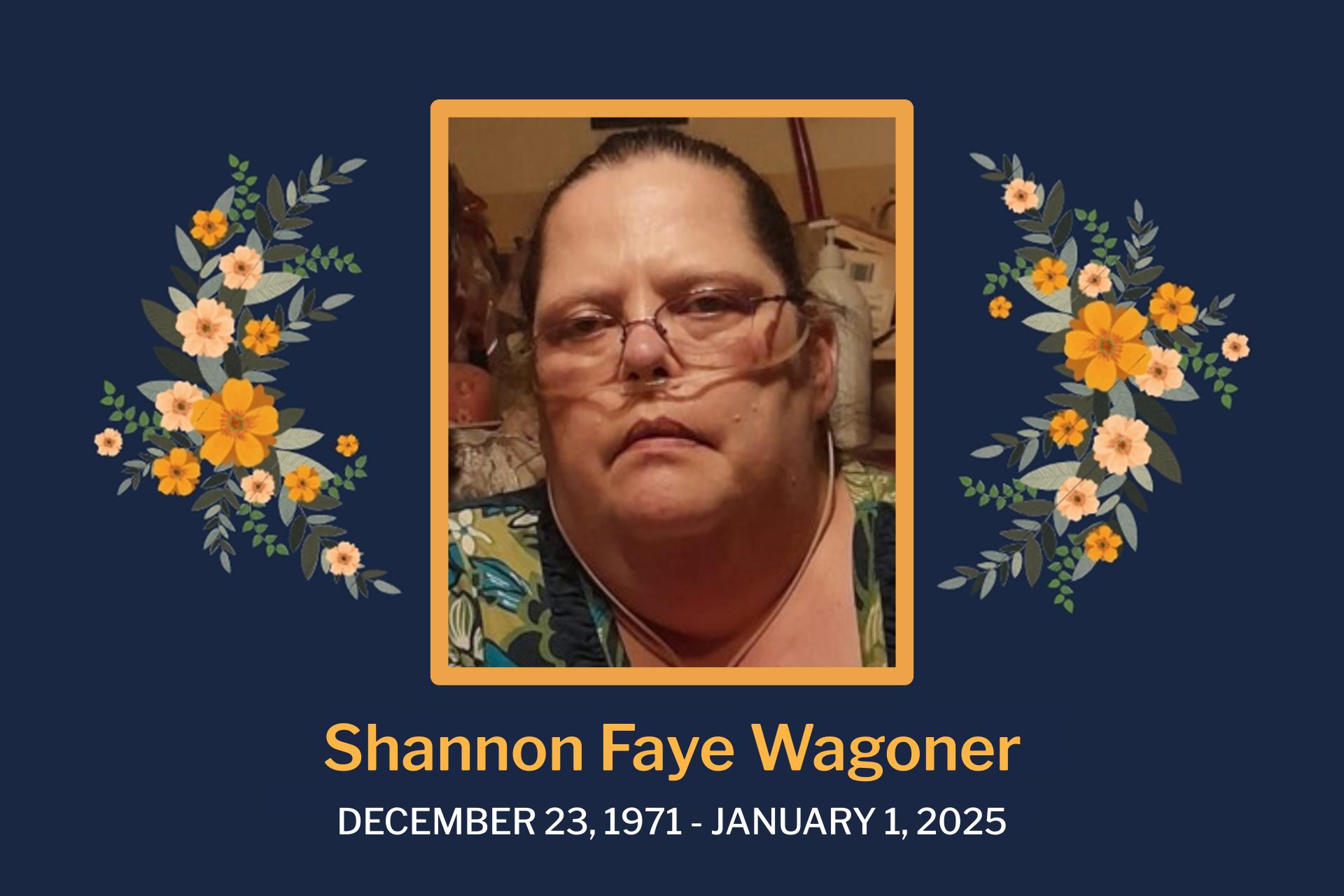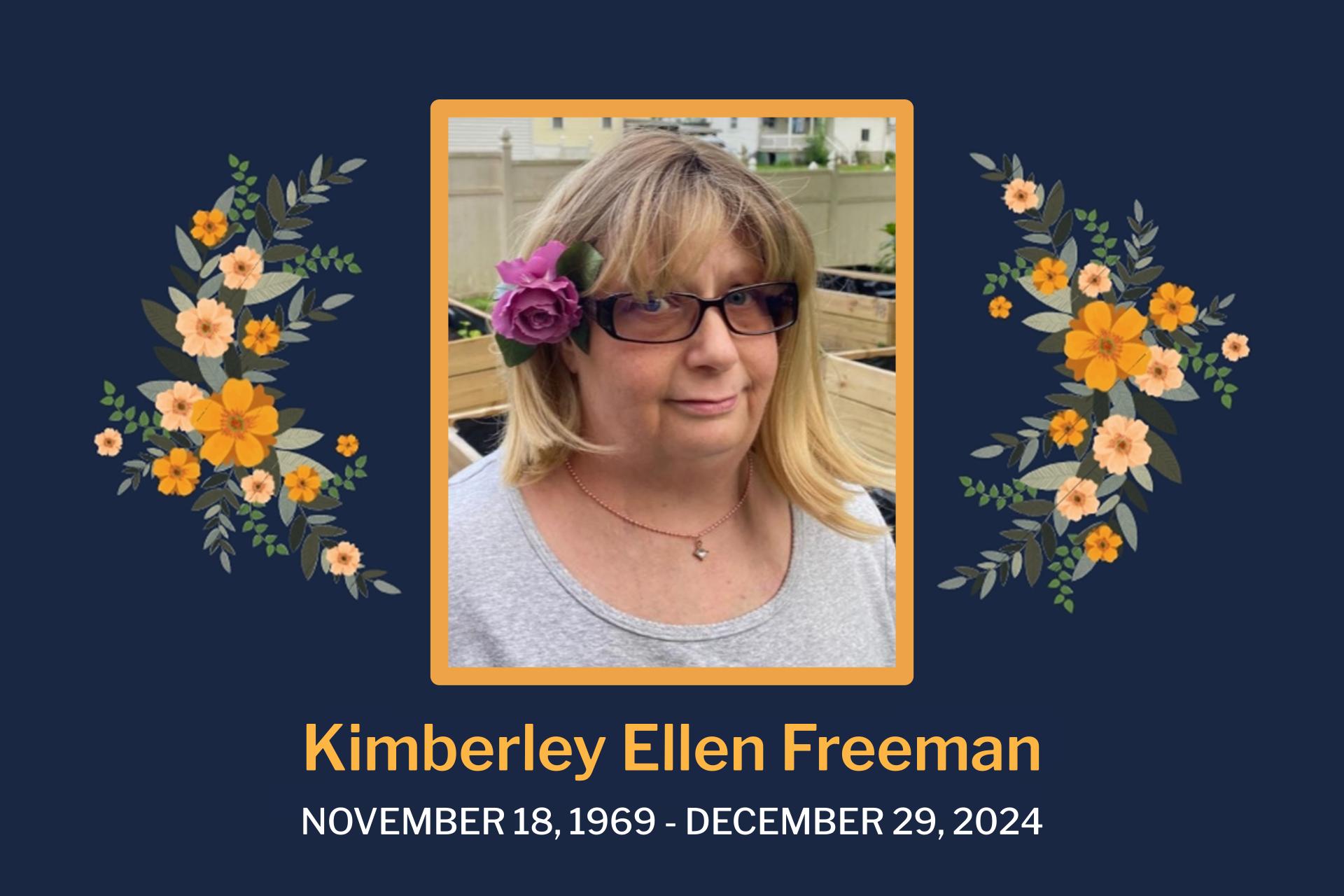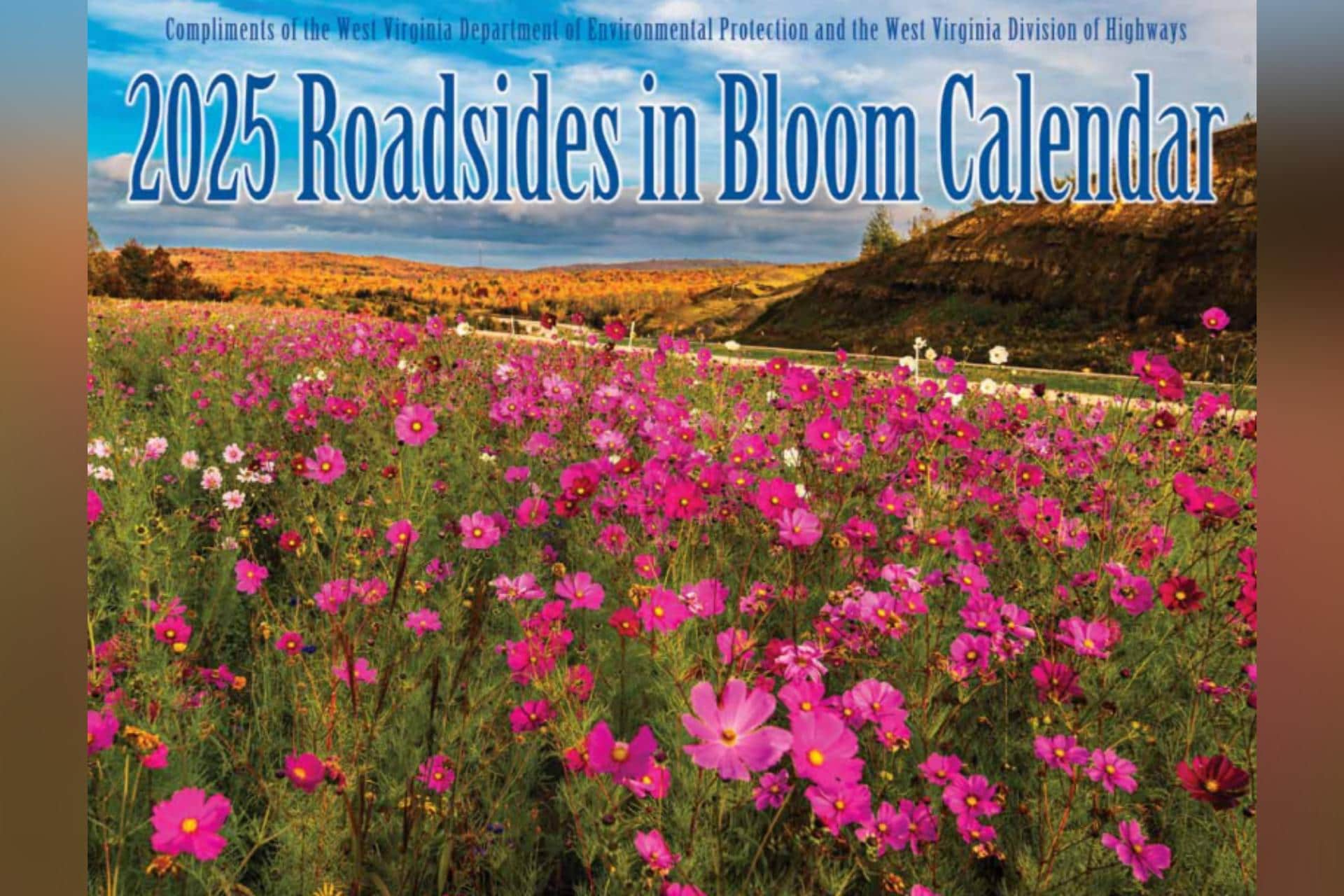CHARLESTON — The West Virginia Department of Agriculture (WVDA) is urging landowners to sign up for the Cooperative State-County-Landowner (CSCL) Lymantria dispar (spongy moth) Suppression Program. The program focuses on protecting forested acreage from the devastating effects of the invasive Lymantria dispar. The sign-up period runs from July 1 until August 31, 2024.
“West Virginia’s forests are one of our state’s most important resources. From tourism to our timber industry, our forests are an important economic driver,” said Commissioner of Agriculture Kent Leonhardt. “As we face more invasive species, such as the spotted lanternfly, we hope people will take advantage of programs like these.”
The CSCL Lymantria dispar program starts accepting egg mass survey applications from landowners statewide on July 1. Application forms and brochures are available at WVDA’s website. Landowners may also obtain applications at local WVU Extension offices and WVDA field offices in Charleston (304-558-2212) or New Creek (304-788-1066). A non-refundable survey deposit of $5 per acre, not to exceed $2,000, must be submitted with the application. This deposit will be applied toward payment for treatment if the landowner qualifies.
Homeowners associations (HOA) must provide a complete listing of all property owners who want to opt in or opt out of the treatment program, and the HOA must also include this information on the map submitted. The WVDA will determine if the property owners who do not want to participate can be logistically removed from the proposed treatment area. This may potentially disqualify the HOA from the program. All lot owners objecting to treatment will be buffered an additional 150 feet outside their property boundaries. The HOA coordinator for the block should contact property owners to discuss treatment material, as the entire block will need to be treated with either BTK or Mimic.
“The Lymantria dispar (recently known as gypsy moth) is a non-native, invasive insect that feeds on hundreds of species of trees and shrubs, including West Virginia hardwoods,” said WVDA Plant Industries Assistant Director Butch Sayers. “Defoliation by Lymantria dispar caterpillars can weaken trees, making them more susceptible to other pests and diseases. This treatment program helps safeguard our forests from further damage.”
The minimum acreage required to participate in the program is 50 contiguous acres of wooded land. Adjoining landowners may combine their properties to meet the acreage requirement. Once applications and deposits are received, a forest health protection specialist will visit the landowner’s property to determine if the level of Lymantria dispar infestation meets program guidelines. A final decision to participate in the program must be confirmed by signing a contract with the WVDA by early December 2024.
For more information, contact WVDA Assistant Director Quentin “Butch” Sayers at qsayers@wvda.us or WVDA Lymantria dispar Program Coordinator G. Scott Hoffman at ghoffman@wvda.us.















